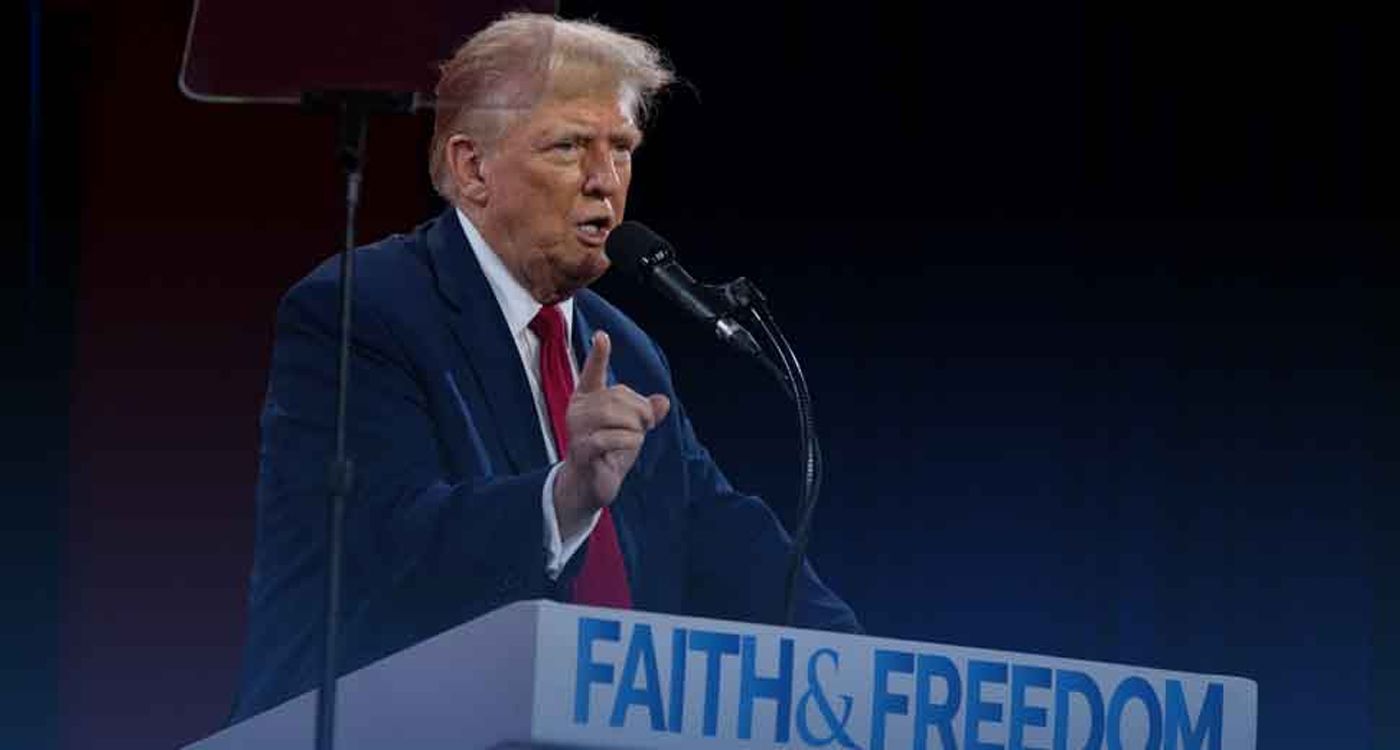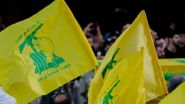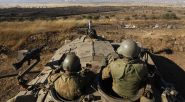
On the eve of the US presidential election, Walid Phares, former foreign affairs advisor to President Donald Trump, shared that a key aspect of the Republican candidate’s campaign strategy rested, beyond the strength of his electoral machine, on the spontaneous mobilization of a “popular wave” — an organic movement not necessarily guided by the party’s apparatus. His insight was on target, but rather than a mere wave, what took place on November 5 was a Republican tidal wave.
This wave was proved extraordinary and historically rare, not only securing a presidential victory but also a sweeping popular vote majority (an outcome that doesn’t always align with the presidential win). Republicans also gained control of both the Senate and the House of Representatives, and saw more Republican Governors elected than Democrats.
A quick overview of the outcomes from this extensive election day reveals that this popular mobilization went beyond routine electoral and political maneuvering, or typical political or socio-economic discontent. For many voters, depending on their county and state, it also embodied a sociological movement emerging from conservative areas of America’s heartland. It served, in part, as a response to what they perceived as social deterioration and the loss of certain core traditional values within American society, and, more generally, within the Western world.
Another notable aspect of this presidential election has been the palpable interest and excitement among a significant number of Lebanese. Donald Trump’s potential return to the White House was seen in Lebanon and among many in the diaspora as an unexpected beacon of hope amid an increasingly bleak outlook. This reaction, too, has sociological underpinnings. Lebanon has been enduring, for years now, a stifling vacuum across various spheres, aggravated by Iran’s persistent yet subtle ambition to exert control over the country. This ambition has left Lebanese institutions paralyzed, undermined constitutional mechanisms that enable political rotation, and tainted the political landscape with militia-driven influence and threats from Iran’s allies.
Efforts, both political and popular, to challenge the status quo imposed by Iran since the 2005 Cedar Revolution have come up short. Consequently, Trump’s election sparked an instinctive response to this institutional paralysis — a search for a glimmer of hope from abroad, one that might counterbalance the structural erosion that plagues the daily lives of the Lebanese.
At first glance, this reaction may seem irrational, yet it is deeply rooted in a very real and significant factor: President Trump’s assertive stance toward Iran’s regime, especially evident in his first term, when he imposed stringent economic sanctions that still resonate today. His administration also orchestrated the elimination of Qassem Soleimani, a key figure in Iran’s expansionist and destabilizing influence across the Middle East.
Moreover, Trump initiated the Abraham Accords, which established formal diplomatic relations between Israel and several Arab countries, including the UAE, Bahrain, Morocco, and Sudan. This normalization process was nearing a historic milestone at the end of 2023, with the potential inclusion of Saudi Arabia, only to be abruptly halted by Iran through the October 7, 2023, Hamas assault on Israel — an attack carried out by Iran’s strategic ally. This background sheds light on the strong support among Lebanese for the November 5 election, which many view as a chance for a resolute US policy on Iran and a renewed push for regional peace, possibly including Lebanon, by reviving the Abraham Accords.
Skeptics might argue that this is overly hopeful, citing the potential for Netanyahu’s adventurous and hardline policies to obstruct any US strategy. But given the present context, do the Lebanese have any other option than to pin their hopes on this emerging possibility? For many, a robust external ally in the White House represents a crucial counterbalance to Iran’s ongoing efforts to assert control over Lebanon.




Comments